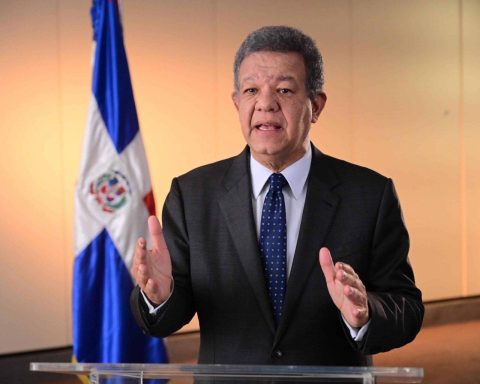Andrea Becerril
La Jornada Newspaper
Sunday, December 8, 2024, p. 3
With a view to eradicating the nepotism that has prevailed in the Supreme Court, in courts and tribunals, the new Judicial Career Law establishes specific measures to prevent the heads of these bodies from appointing family members or people with whom they have a relationship, either directly or through calls cross or triangular hiring
.
In this secondary law, already approved in the Senate and which will be discussed next week in the Chamber of Deputies, a special chapter is created against nepotism, which according to the opinion is one of the main vices of the Judiciary (PJ).
To begin with, the Single Registry of Public Servants of the Judicial Career is created, which will contain the information of all personnel, including admission, promotions, performance evaluations, in addition to a register of family relationships, which must be updated and which will be public.
All public servants will be required to declare every six months, under oath of truth, their family relationships in the Judicial Branch of the Federation, by affinity or consanguinity up to the fourth degree, as well as potential conflicts of interest in the exercise of their duties.
.
are prohibited cross appointments
which are those in which two heads of courts or tribunals hire relatives of each of them, in their respective areas of influence and triangulated, when the maneuver is carried out by more than two commanders.
Professional staff
The issuance of the new Judicial Career Law of the Judicial Branch of the Federation allows the system of courts that comprise it the guarantee of having professionalized human capital, selected based on objective processes of entry, training and promotion,” it is highlighted in the statement of reasons for the opinion.
Note that There will be continuous evaluations aimed at performance, permanence and, where appropriate, the separation of the position of the staff, having as a framework of action merit and real equality of opportunities.
.
It is proposed that the staff of the jurisdictional bodies be integrated observing a principle of gender parity, which seeks to include at least half of the positions being occupied by women.
















